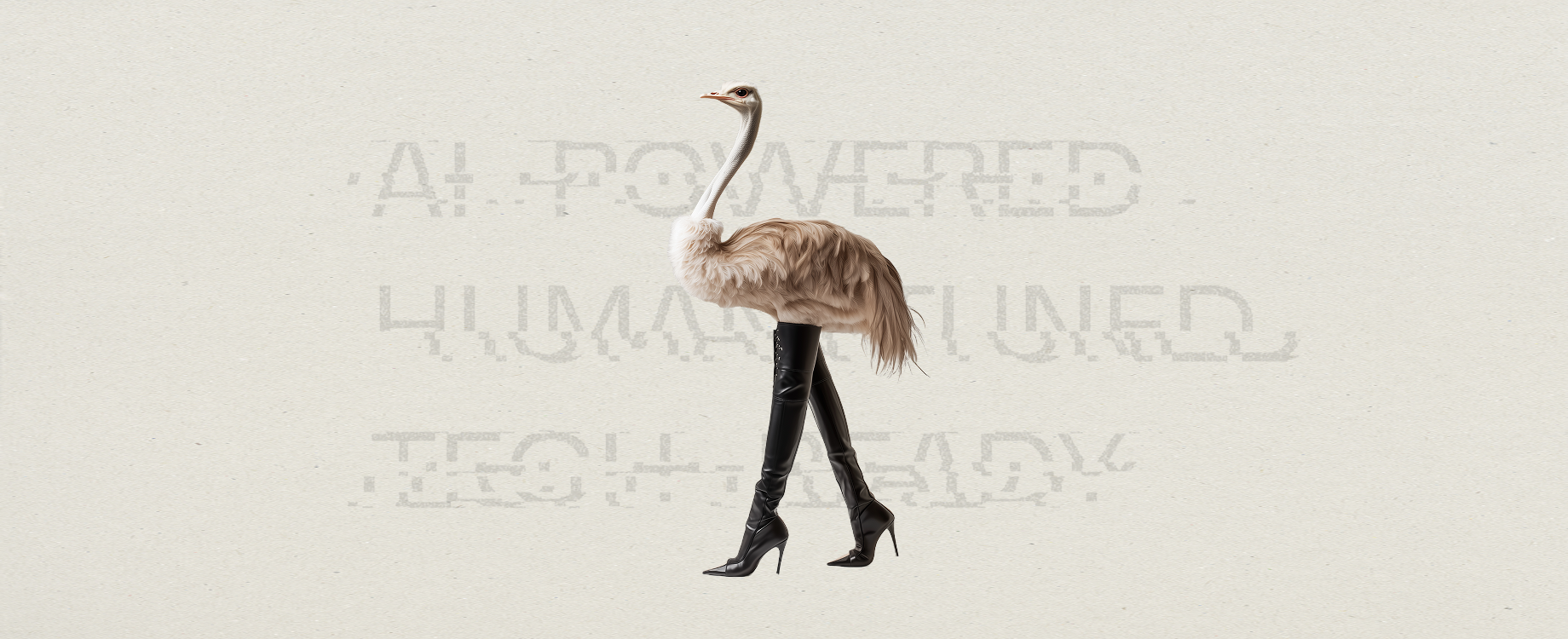Big ideas. Bright minds. Reach out and let’s shine together.


Our aim is to provide clarity and transparency, helping you understand our process and what to expect when working with us. If you have any unanswered questions, feel free to reach out directly.


[ FAQ ]

Customization is one of the key benefits of using a CMS, allowing you to tailor your website to meet your specific needs.
Most CMS platforms offer a variety of themes and plugins that enable extensive customization. You can also modify the code if you have the technical skills, or hire a developer to assist with more complex changes.

The costs of using a CMS can vary widely based on the platform, hosting, and additional features you may need.
While some CMS platforms are free, others may charge for premium features, themes, or plugins. Additionally, you may incur costs for hosting, domain registration, and ongoing maintenance.

Security is a critical aspect of any CMS, as vulnerabilities can lead to data breaches and website hacks.
Most reputable CMS platforms regularly release updates to address security vulnerabilities. It's essential to keep your CMS and its plugins up to date, use strong passwords, and implement additional security measures.

Choosing the right CMS depends on various factors including your technical expertise, the type of content you plan to manage, and your budget.
Consider the ease of use, scalability, available features, and support options. It's also important to evaluate the community and resources available for the CMS you are considering.

A Content Management System (CMS) is a software application that enables users to create, manage, and modify content on a website without needing specialized technical knowledge.
CMS platforms provide a user-friendly interface that allows individuals to publish content, manage media files, and customize the layout of their websites. Popular examples include WordPress, Joomla, and Drupal.

.png.png)